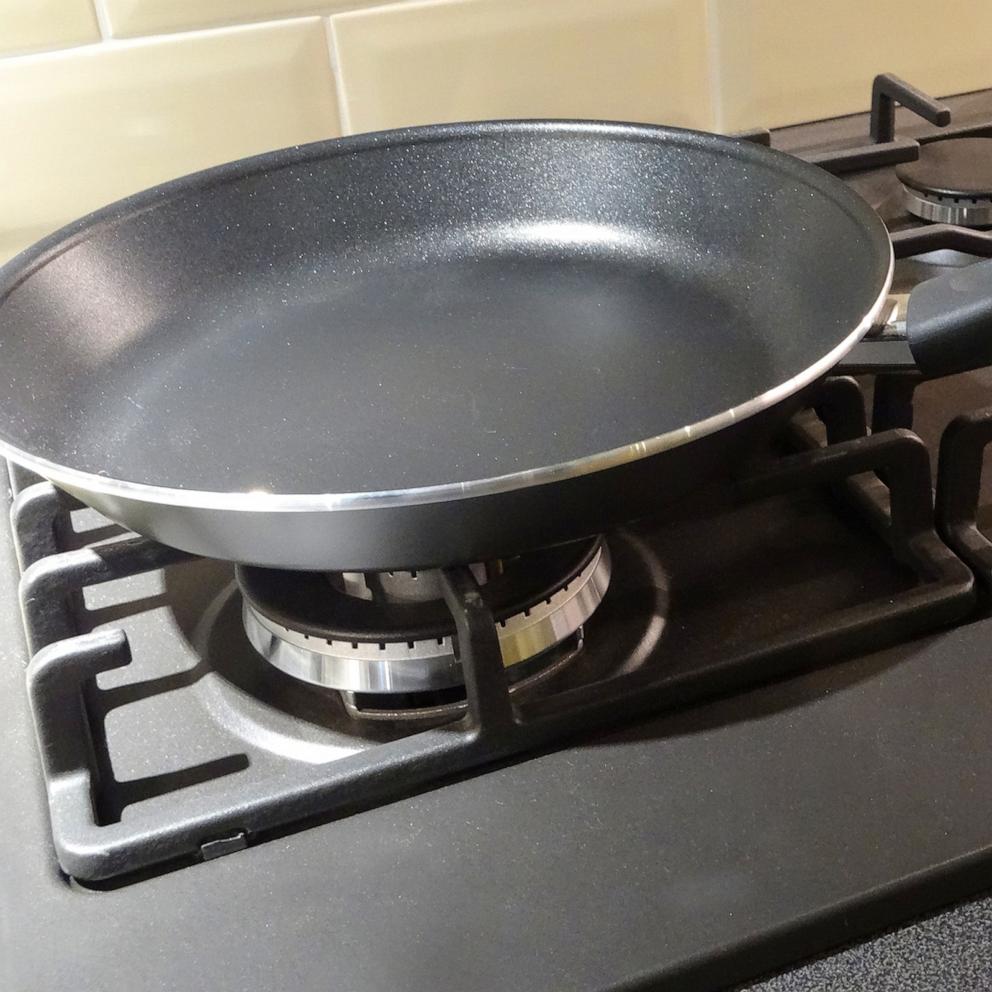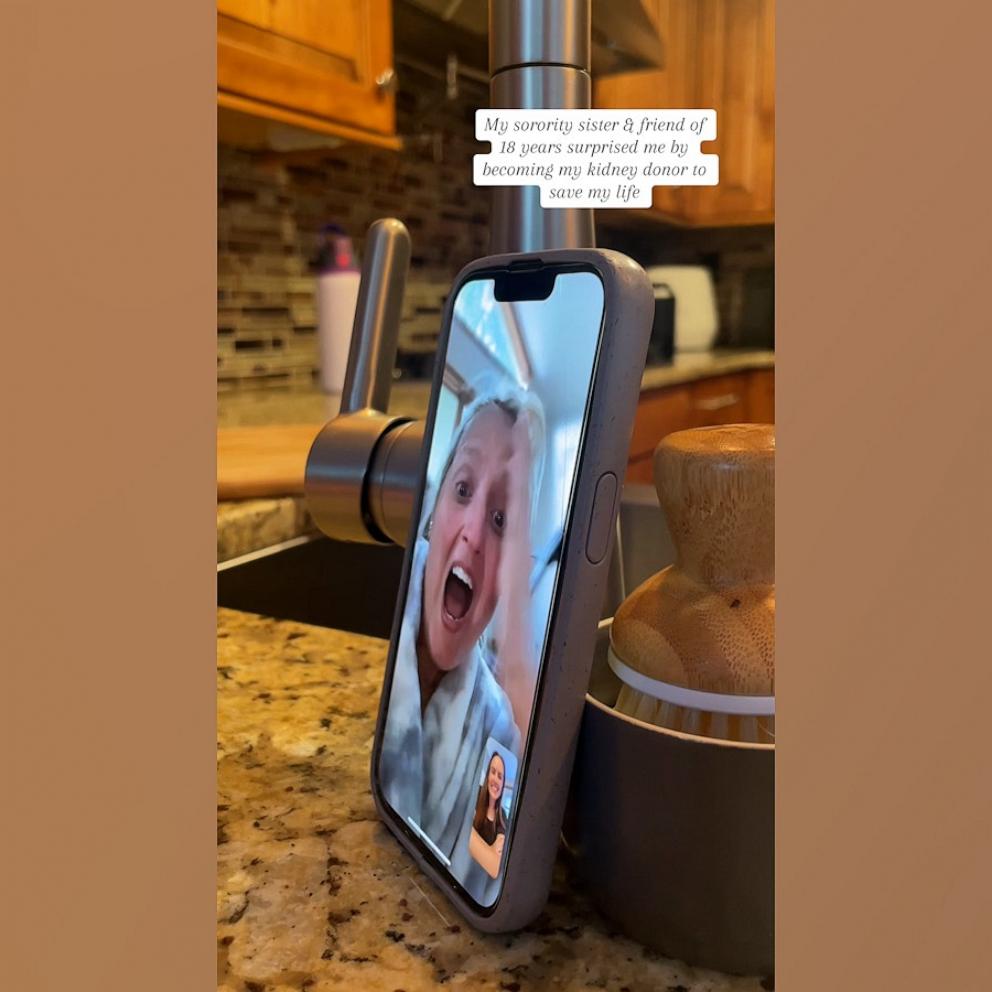'Baywatch' star Nicole Eggert reveals breast cancer diagnosis, shares message for women
Former "Baywatch" star Nicole Eggert is opening up about a new health issue she is facing, breast cancer.
Eggert, 51, has been diagnosed with stage 2 cribriform carcinoma breast cancer, she shared Monday in an interview with People, and on her podcast, "Perfectly Twisted."
Eggert, who also starred on "Charles in Charge," said she began to experience "a lot of pain" in her left breast in late October, so she did a self-exam, which led to a mammogram, followed by three biopsies, after which she received her cancer diagnosis.
Eggert, a mom of two daughters, said her "heart dropped" when she first felt the lump, and then got the diagnosis.
"This is how I spent my holidays," she said on her podcast. "Listen, I cried and I went to the deepest, darkest thoughts, and I've really been through it."

The California-based actress said she is currently undergoing additional testing to determine what type of treatment she will need.
"I have a road ahead of me, but I'm really big into mind-body healing, so I feel like there's no way I can heal if I stay upset and worried about it," she said. "I have to think positive."
Cribriform carcinoma breast cancer is a rare type of breast cancer that affects about 5% to 6% of invasive breast cancers and is diagnosed by a "distinct pattern of holes" between the cancer cells, according to NewYork-Presbyterian Hospital.
Prior to her diagnosis, Eggert said she thought she may be experiencing high levels of estrogen. In addition to the pain in her left breast, Eggert said she also experienced weight gain and bloating.
"I was holding onto that hope that the lump was to due with the estrogen, that it was causing the lump and it was all going to be fine," she said.
Eggert said she was at first hesitant to share the news of her diagnosis publicly, but then decided to speak out about it, in part, to help "normalize" breast cancer.
"It is something that everybody is dealing with it in some form, whether they're dealing with it themselves or they know somebody or they're related to somebody," Eggert said, adding, "It's there. It's something we have to deal with. There's no reason to fight it alone and there's no reason to be ashamed of it."
Breast cancer is the second-most common cancer among women in the United States, with over 230,000 new cases reported in females in 2020, the latest data available, according to the U.S. Centers for Disease Control and Prevention.
The disease can affect men and women of all ages, though most breast cancers are diagnosed in women ages 50 and older, according to the CDC.
Mammogram screenings are recommended once every two years for women age 50 to 74 years who have an average risk of breast cancer, according to U.S. Preventive Services Task Force guidelines, though guidelines under review suggest to start screening every other year starting from age 40.
Currently, women ages 40 to 49 may choose to begin screening once every two years if they "place a higher value on the potential benefit than the potential harms" of the mammogram, according to the guidelines.
For women of all ages, when an ultrasound shows a concerning finding, a follow-up visit should be scheduled to discuss next steps with your health care provider.







